Sleeping with wet hair isn’t inherently bad for everyone, but it can have potential drawbacks depending on your hair type, scalp health, and other factors. Here’s a detailed explanation of the Is It Bad To Sleep With Wet Hair.
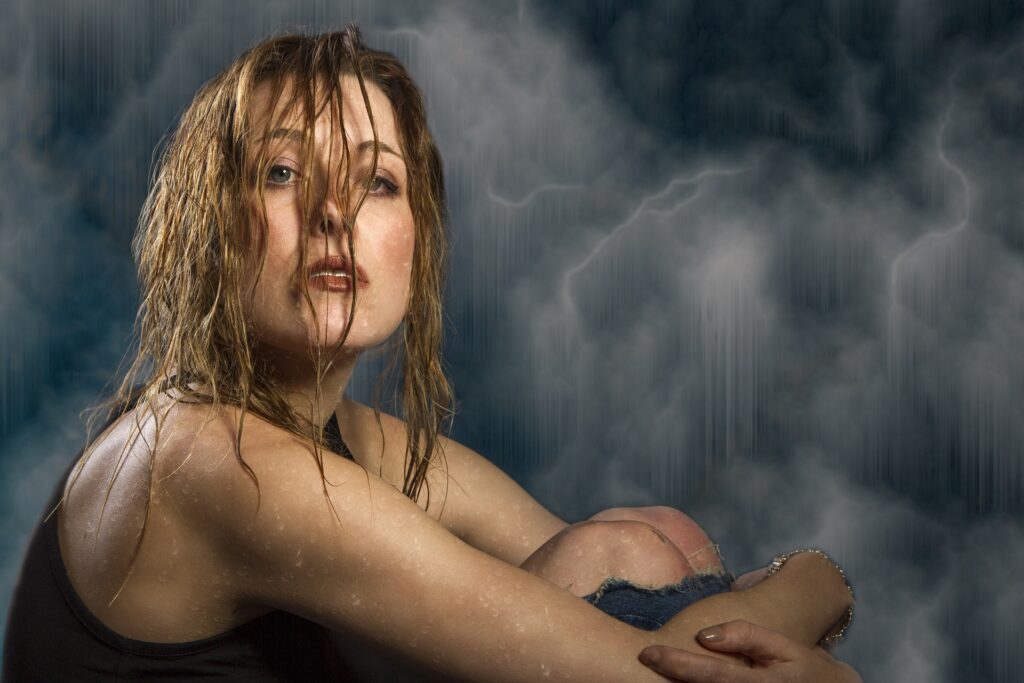
1. Scalp Health and Fungal Growth
When you sleep with wet hair, the damp environment on your scalp can become a breeding ground for bacteria and fungi, especially in humid or warm conditions. This is because moisture, combined with the heat from your pillow or bed, can encourage fungal growth, which may lead to scalp conditions like:
- Dandruff or seborrheic dermatitis: These conditions are aggravated by yeast on the scalp and the warmth and moisture from wet hair can fuel their growth.
- Folliculitis: is an inflammation of the hair follicles, often caused by bacterial or fungal infections, which can worsen if the scalp remains damp for extended periods.
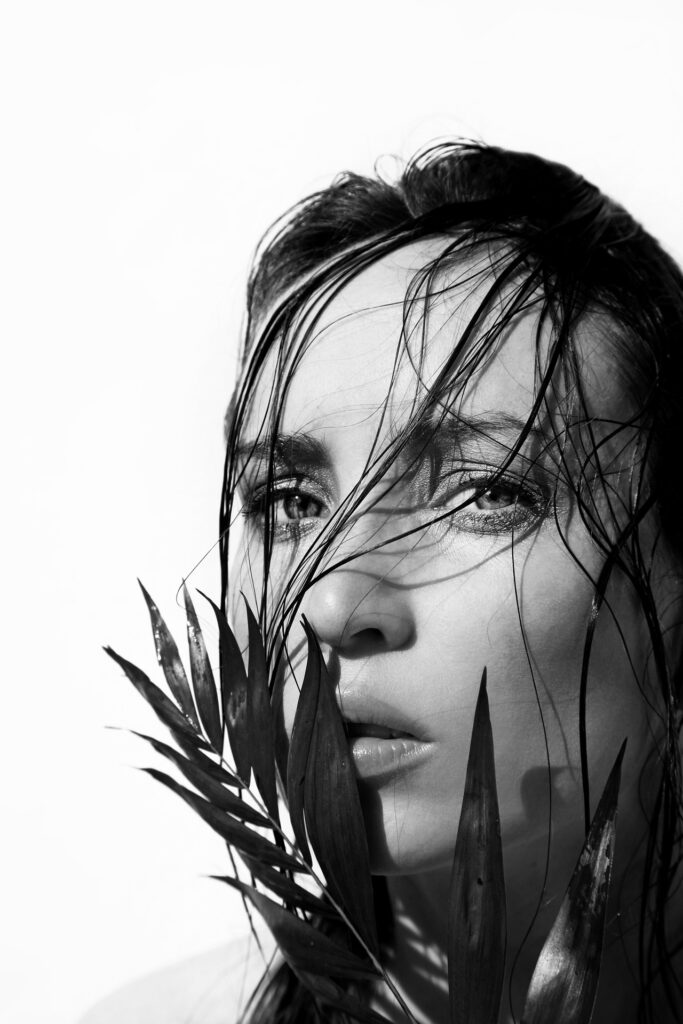
2. Weakened Hair Structure
Hair is more fragile when wet because the cuticle (the outer layer of the hair shaft) is open and expanded, making it more prone to damage. As a result:
- Increased breakage: Tossing and turning while sleeping can create friction between your wet hair and the pillowcase, which could lead to more hair breakage or split ends.
- Tangles and knots: Wet hair can easily tangle and knot overnight, making it harder to detangle in the morning, leading to breakage when brushing.
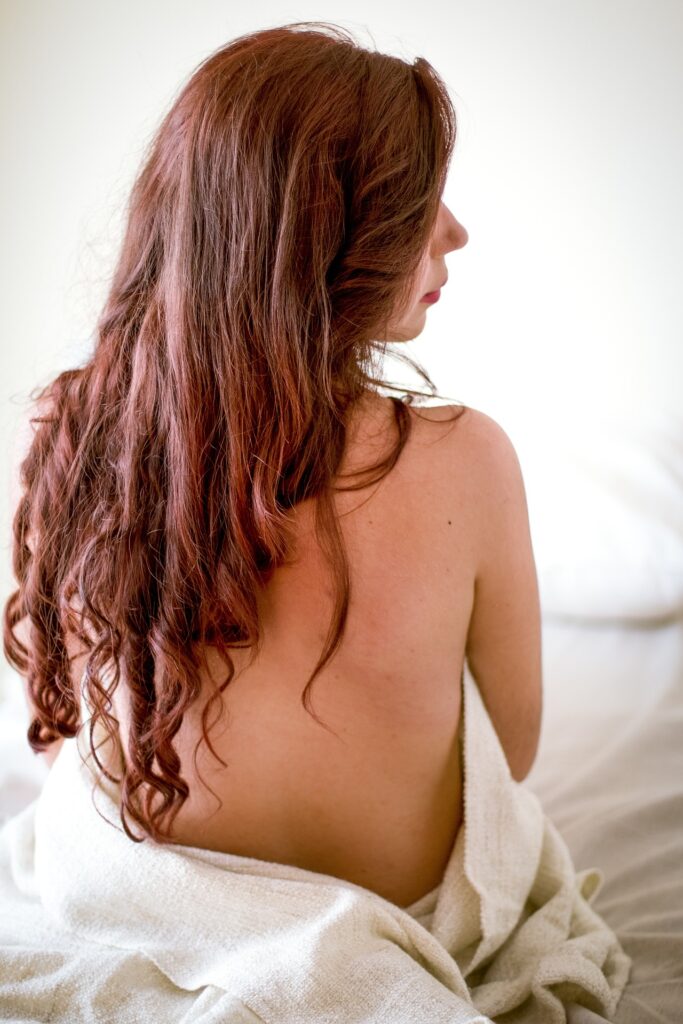
3. Frizz and Unruly Hair
Sleeping on wet hair can often result in messy, frizzy, or unruly hair in the morning, especially for people with curly or textured hair. Since hair tends to set in the shape it dries, without the control of proper styling, it may dry unevenly and lead to:
- Frizz: Wet hair that dries while you’re sleeping, especially on cotton pillowcases, can result in frizz due to the friction between hair and fabric.
- Unwanted waves or kinks: If your hair dries in a position where it’s bent or pressed against the pillow, you might wake up with odd bends or kinks.

4. Cold or Respiratory Issues (Myth vs. Reality)
There’s a common belief that sleeping with wet hair can cause colds or respiratory problems. However, this is largely a myth:
- Colds and flu are caused by viruses. Sleeping with wet hair won’t give you a cold unless you’re exposed to a virus. That said, if you are in a cold environment, the body’s response to being cold (such as a lowered immune response or feeling chilled) could theoretically make you more susceptible to catching a virus if you’re already exposed.
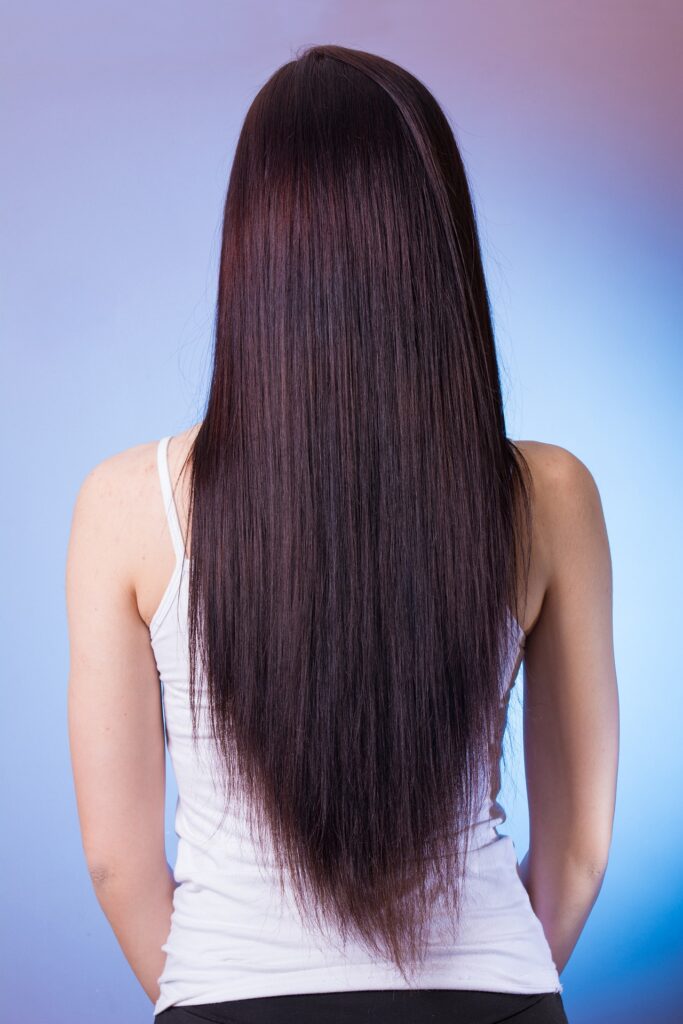
5. Pillow and Bed Hygiene
Sleeping with wet hair can also affect your bedding and pillow hygiene:
- Moisture retention: If your pillowcase absorbs the moisture from your wet hair, it can stay damp, potentially harboring bacteria, mold, or allergens. This could not only impact scalp health but also your skin, leading to issues like breakouts.
- Odor: Wet bedding can develop a musty smell if it doesn’t dry properly, leading to an unpleasant sleeping environment.

6. Hair Styling and Curl Retention
For some people, sleeping with wet hair can be part of a styling routine, especially if they want to achieve natural waves or curls by braiding or twisting the hair before sleeping.
In these cases, wet hair can set in a desired shape. However, without proper control, it can also result in less desirable shapes or frizz.

How To Minimize Risks If Sleeping With Wet Hair:
If you occasionally have to sleep with wet hair, there are ways to reduce the potential negative effects:
- Use a silk or satin pillowcase: These materials reduce friction and help minimize breakage and frizz compared to cotton pillowcases.
- Tie hair loosely: If you have long hair, loosely braid or tie it to minimize tangles and reduce the risk of breakage.
- Towel-dry thoroughly: Make sure your hair isn’t dripping wet. Pat your hair with a towel to remove excess water before sleeping.
- Use a leave-in conditioner: This can help reduce frizz and protect your hair while it dries overnight.
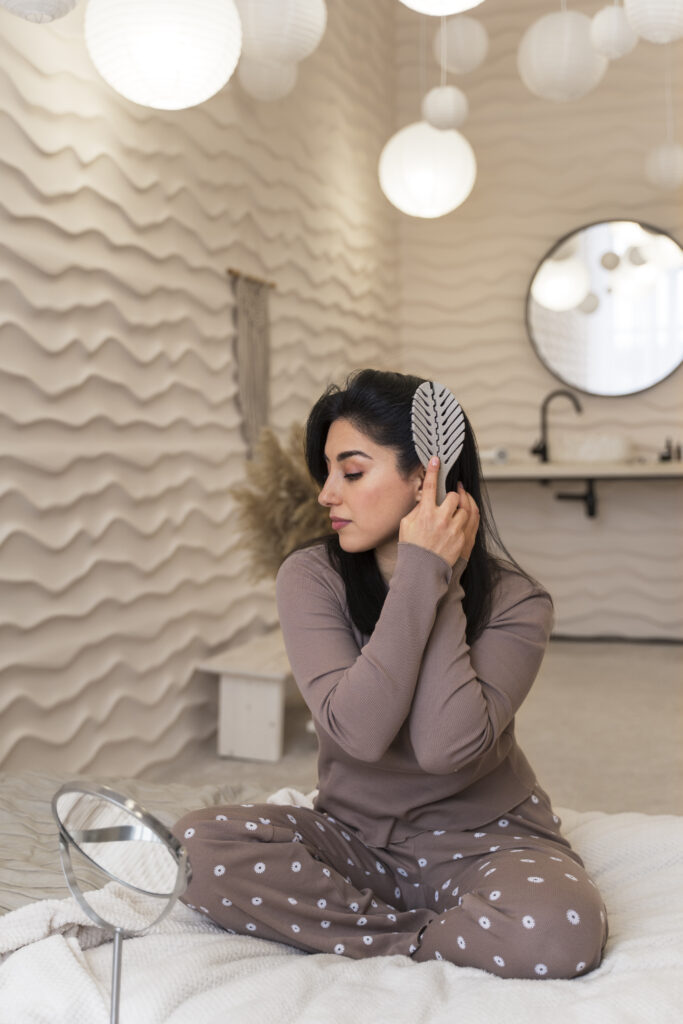
In summary, sleeping with wet hair isn’t necessarily bad, but it can have some drawbacks, particularly when it comes to scalp health, hair damage, and bed hygiene. Taking preventive steps can help reduce these risks.
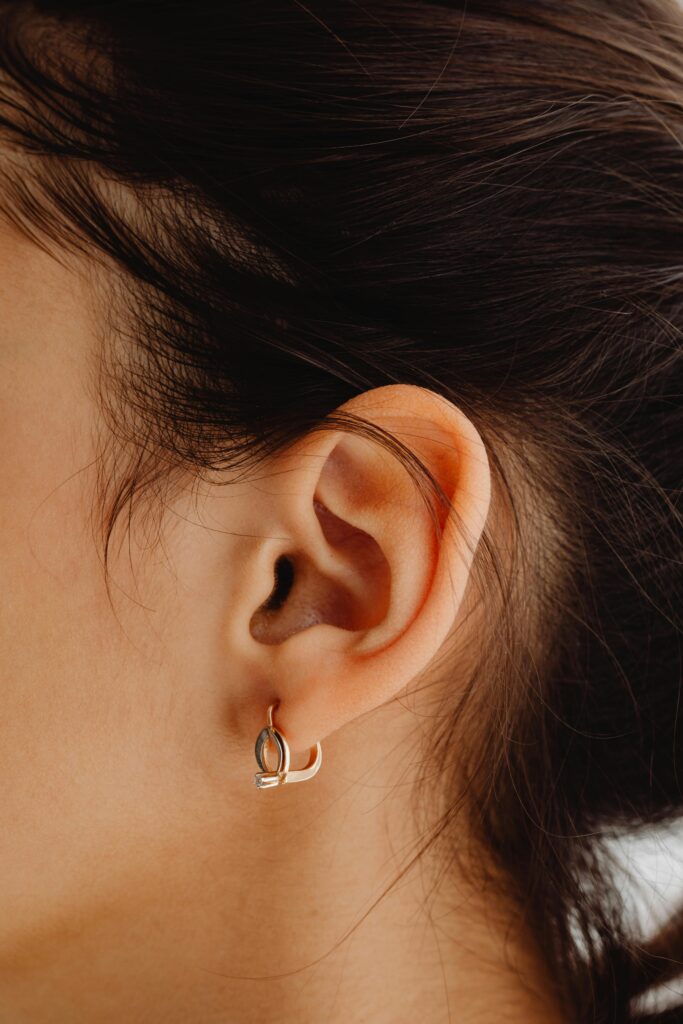
How To Sleep With An Ear Infection 2024

How To Sleep With Sciatica 2024
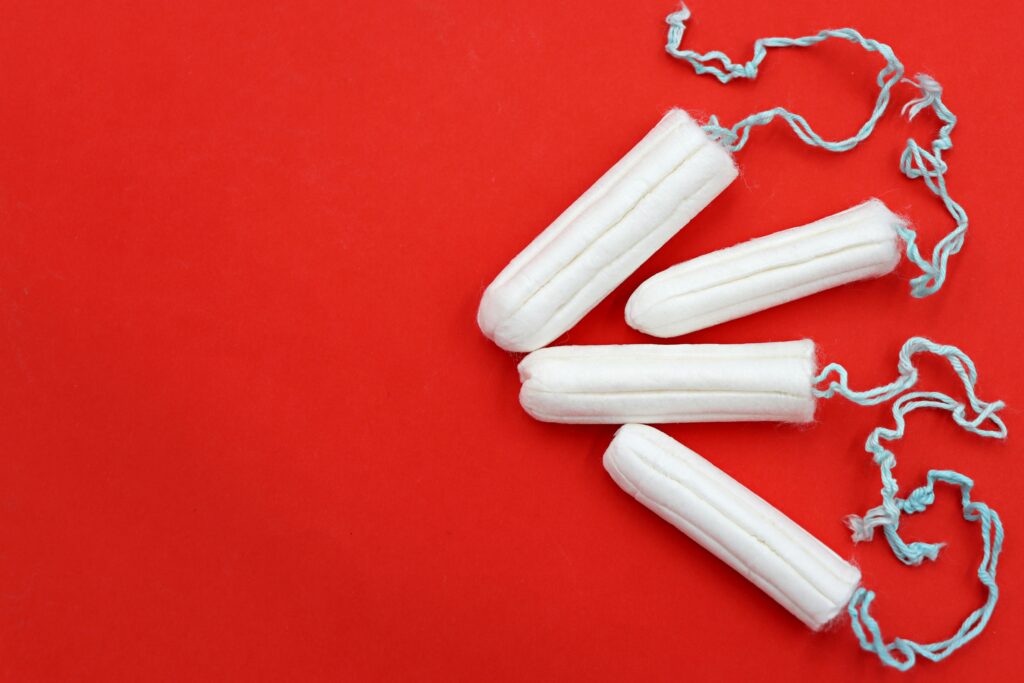

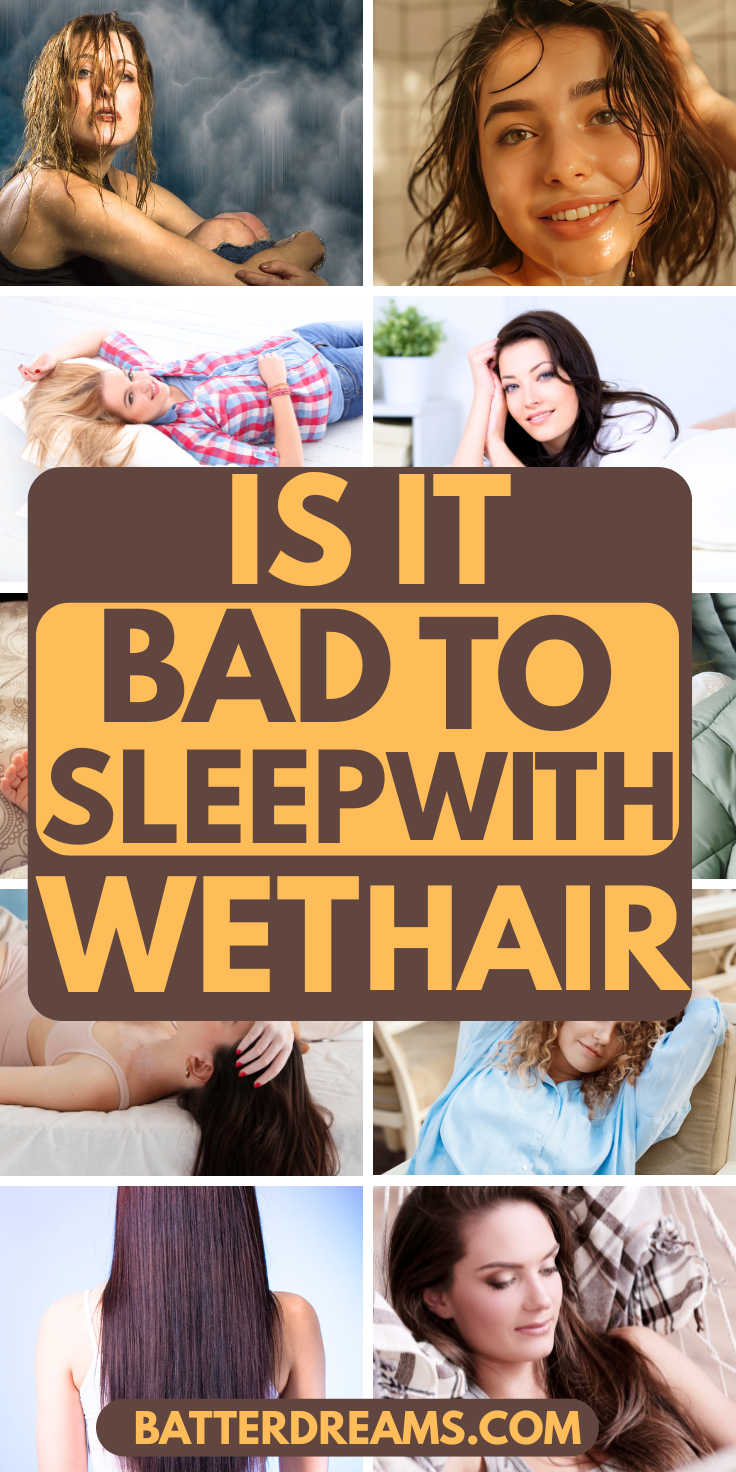
3 thoughts on “Is It Bad To Sleep With Wet Hair 2025”